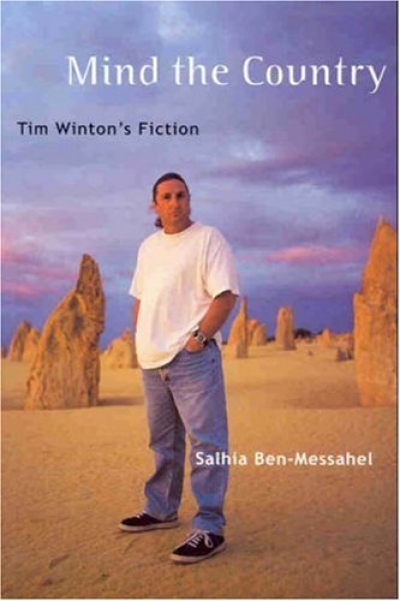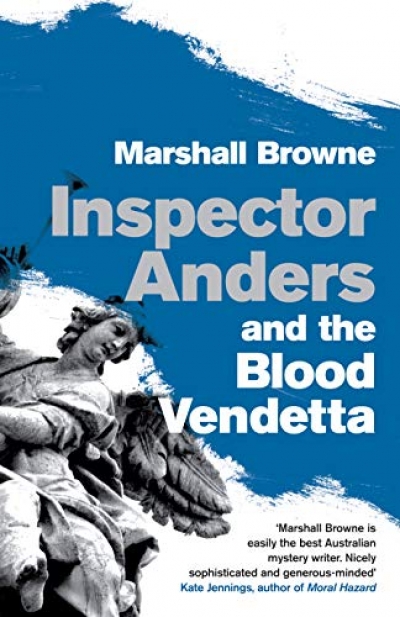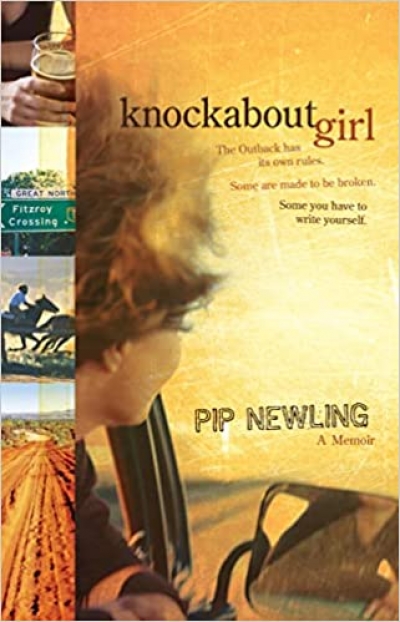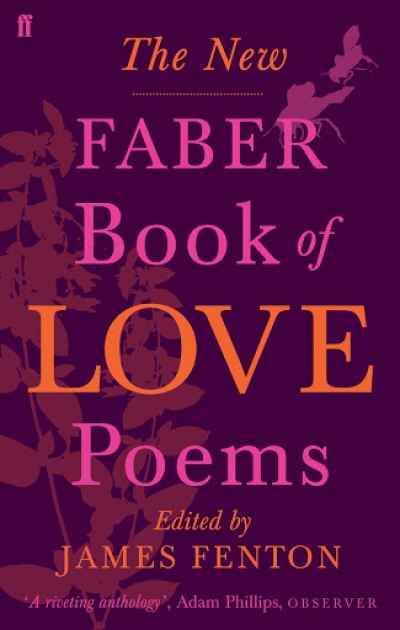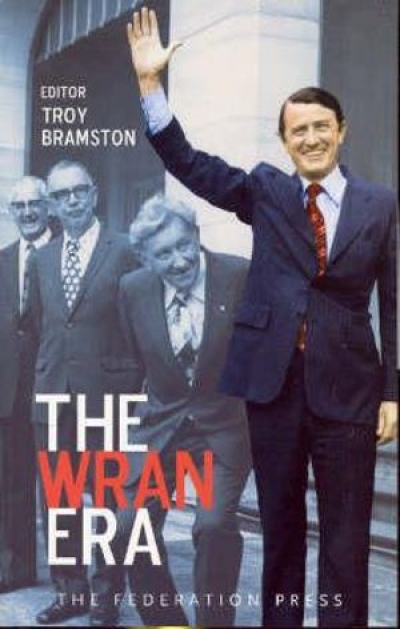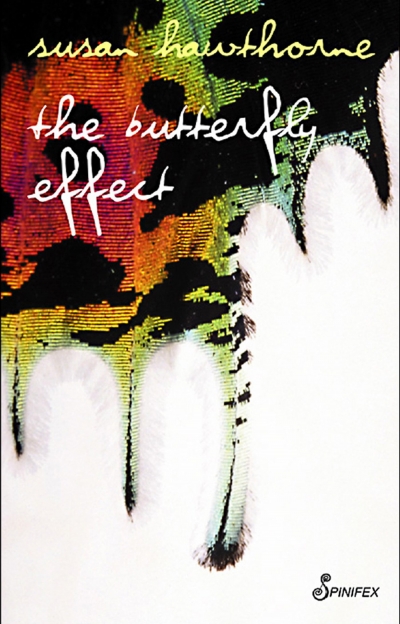Archive
The Escape Sonnets by Brian Edwards & Couchgrass by Dominique Hecq
Mind the Country: Tim Winton's fiction by Salhia Ben-Messahel
To touch death in this manner: if our fingertips could pierce
that airless element, the body
breathing calm within its envelope of gas …
Morning took me to the jetty.
I saw the moon jellyfish pulse toward the air:
as their edges broke that barrier, the briefest spark appeared.
I am at the exhibition ‘National Treasures from Australia’s Great Libraries’. I have come to see a picture of a man named Bungaree. I am standing in front of him, but I am distanced. The painting is glazed, low-lit, hung on a wall on the far side of quite a deep display case. If I stand up straight he is in focus, but too far away for me to see the details. As ...
Swept away
Dear Editor,
I was among the many swept away by Elisabeth Holdsworth’s essay, ‘An die Nachgeborenen: For Those Who Come After’ (February 2007). From the moment she confided, ‘I have returned to the Netherlands to have a specific conversation with the past’, I became an intent listener, almost an inter-loper, following this haunted child’s return after decades away, back to her heritage, Zeeland – ‘The land of my nightmares’.
I do not know the stark Calvinist low country of dunes and ‘massive dykes’, though I flew over it often enough at night. I followed the returning child entranced and often shocked: the fearful Nazi reprisals, the deliberate flooding of the hard-won lands; brother executing brother; the unofficial motto of the province even: ‘never forgive, never forget.’
... (read more)

